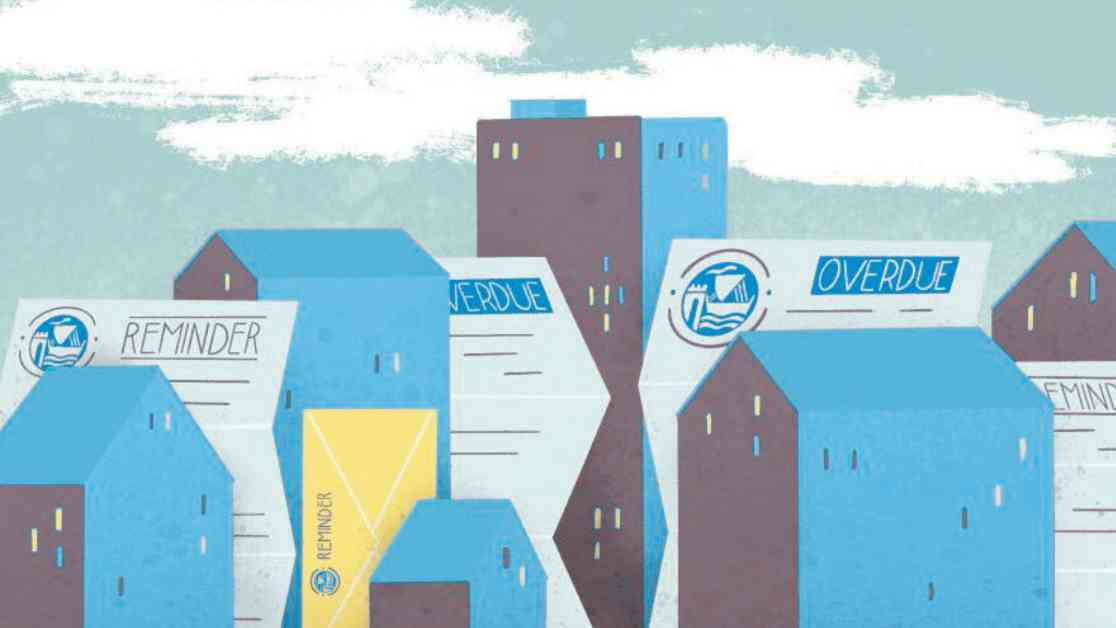Bristol City Council’s Continued Use of Bailiffs Sparks Outrage Over ‘Ethical Approach’ Promise
Jack Scott’s move to Bishopsworth in 2019 seemed like a fresh start, but two years later, he found himself entangled in a nightmare of debt collection. Despite believing he had paid his council tax, Jack received intimidating phone calls from bailiffs hired by Bristol City Council, pushing him further into financial distress.
Jack is not alone in facing this ordeal. Thousands of individuals have had their council tax arrears escalated to bailiffs by Bristol City Council in the past two years, a stark contradiction to the local authority’s 2018 promise to cease using bailiffs for debt collection. This commitment came after a campaign by The Cable shed light on how the use of bailiffs exacerbated the financial burdens of vulnerable individuals.
In response to the public outcry, the council initiated a pilot program in 2019 to phase out the use of bailiffs. The new approach involved setting up an in-house team to provide additional reminders to individuals before they fell into arrears and referring them to advice agencies for support. However, the reality on the ground tells a different story.
While the council’s debt-collection policy outlines steps to assess individuals’ financial situations and vulnerabilities before resorting to enforcement action, loopholes in the system have allowed for continued use of bailiffs. Despite claims that enforcement agents would only target those who refuse to pay rather than those unable to pay, cases have emerged where individuals were not notified of their debts until bailiffs arrived at their doorstep.
During the pandemic, collection activities were paused, only to resume in 2022/23 with roughly 2,000 council tax accounts being referred to enforcement agencies in the first half of 2023/24. Jack Scott’s experience with debt collector Bristow and Sutor exemplifies the distress caused by these practices, as he faced demands for payment without prior notification from the council.
Jack’s story reveals a pattern of negligence and lack of communication on the council’s part, leading to unnecessary charges and harassment by bailiffs. Despite efforts to rectify the situation, Jack and his family are left grappling with mounting debts and unresolved issues surrounding the council’s handling of his case.
The council’s failure to adhere to its own policies and provide adequate support to individuals in financial distress has raised serious concerns about its commitment to an ‘ethical’ approach. As arrears owed to the council reach nearly £54 million, it is evident that a more compassionate and effective debt collection strategy is urgently needed.
In response to inquiries, a Bristol City Council spokesperson reiterated the process of sending reminders and formal notices before resorting to enforcement agents. While the spokesperson emphasized the importance of early communication and support for individuals facing financial difficulties, the disconnect between policy and practice remains a pressing issue.
Moving forward, it is imperative for Bristol City Council to prioritize transparency, communication, and empathy in its debt collection practices. By upholding its commitment to an ethical approach and ensuring that vulnerable individuals are not further marginalized by debt collection efforts, the council can demonstrate genuine care and responsibility towards its residents.













